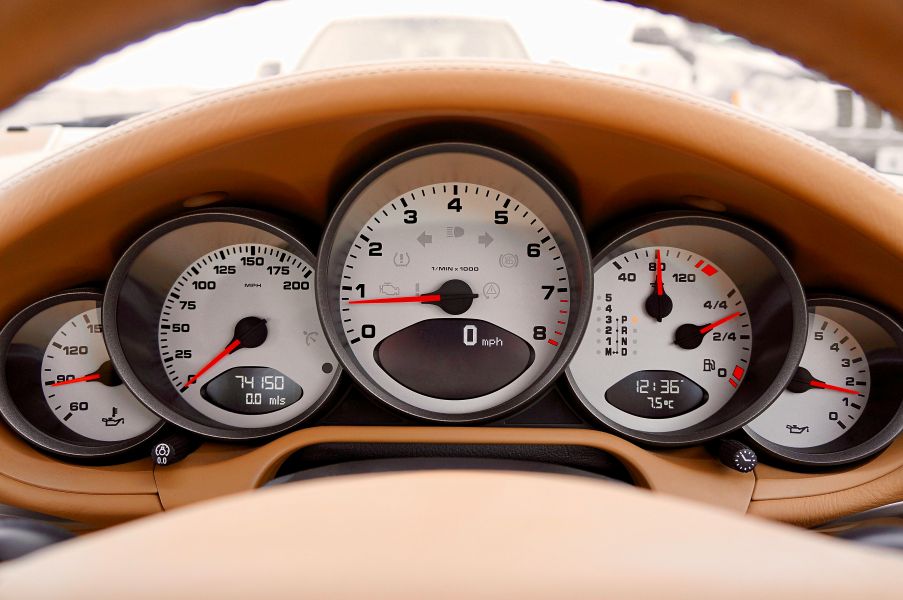Approximately 15/16 of a mile
The 1500-meter distance is one of the most prestigious middle-distance running events in track and field, often called the "metric mile." Understanding how this distance translates to miles is essential for runners, coaches, and sports enthusiasts who want to compare performances across different measurement systems.
The Exact Conversion
To convert 1500 meters to miles, we use the standard conversion factor:
More precisely: 0.9320568 miles
This means that 1500 meters is just slightly less than one mile (which equals 1609.344 meters). The difference is about 109 meters, or roughly 358 feet.
Understanding the 1500m Distance
The 1500-meter race holds a special place in athletics:
Why It's Called the "Metric Mile"
- Close to a mile: At 0.932 miles, it's the closest standard metric distance to one mile
- International standard: Used in Olympic Games and World Championships
- Strategic distance: Requires both speed and endurance
- Historic significance: One of the original Olympic events
Comparison with Other Distances
| Distance | Meters | Miles | Difference from 1500m |
|---|---|---|---|
| 1500m | 1,500 | 0.932 | - |
| 1 Mile | 1,609 | 1.000 | +109m |
| 1600m | 1,600 | 0.994 | +100m |
| 1200m | 1,200 | 0.746 | -300m |
Running Times and Performance
Understanding 1500m performance levels helps put the distance in perspective:
World-Class Times
- Men's World Record: 3:26.00 (Hicham El Guerrouj, 1998)
- Women's World Record: 3:50.07 (Genzebe Dibaba, 2015)
- Olympic Standard: Sub-3:35 for men, sub-4:05 for women
Recreational Running Times
- Elite: 3:30-4:00 (men), 4:00-4:30 (women)
- Competitive: 4:00-5:00 (men), 4:30-5:30 (women)
- Recreational: 5:00-7:00 (men), 5:30-7:30 (women)
- Beginner: 7:00+ (men), 7:30+ (women)
Training for 1500 Meters
The 1500m requires a unique combination of speed and endurance:
Energy Systems
- Aerobic (60-70%): Base endurance for sustained pace
- Anaerobic (30-40%): Speed and power for kicks and surges
Training Components
- Base Building: 3-5 mile easy runs
- Speed Work: 400m and 800m intervals
- Tempo Runs: Sustained efforts at race pace
- Long Runs: 6-10 miles for aerobic development
Converting Other Metric Distances
Here's how other common track distances compare to miles:
| Meters | Miles | Common Name |
|---|---|---|
| 400 | 0.249 | Quarter mile (approx) |
| 800 | 0.497 | Half mile (approx) |
| 1000 | 0.621 | Metric 1000 |
| 1500 | 0.932 | Metric Mile |
| 3000 | 1.864 | 3K |
| 5000 | 3.107 | 5K |
Practical Applications
Knowing the 1500m to mile conversion is useful for:
Race Planning
- Pacing strategies: Understanding effort distribution
- Time goals: Converting between metric and imperial times
- Training zones: Setting appropriate workout intensities
Performance Analysis
- Comparing results: Between 1500m and mile races
- Progress tracking: Monitoring improvement over time
- Goal setting: Establishing realistic targets
The Difference: 1500m vs. 1 Mile
The 109-meter difference between 1500m and one mile might seem small, but it's significant in competitive running:
For elite runners, the extra 109 meters in a mile typically adds:
- Men: 15-20 seconds to their 1500m time
- Women: 18-25 seconds to their 1500m time
- Recreational: 30-60 seconds depending on fitness level
Historical Context
The 1500-meter distance has rich athletic history:
- Olympic Heritage: Featured in every modern Olympics since 1896
- Metric System: Adopted as countries moved to metric measurements
- Global Standard: Used in international competitions worldwide
- Record Evolution: Times have dropped dramatically over decades
Conclusion
1500 meters equals 0.932 miles, making it just slightly shorter than a full mile. This "metric mile" is one of track and field's most exciting events, requiring a perfect blend of speed and endurance. Whether you're a competitive runner, coach, or sports fan, understanding this conversion helps you appreciate the demands of this classic middle-distance race.
The next time you watch a 1500m race or plan your own training, remember that those athletes are covering nearly a full mile at incredible speeds, making it one of the most challenging and prestigious events in all of athletics.

